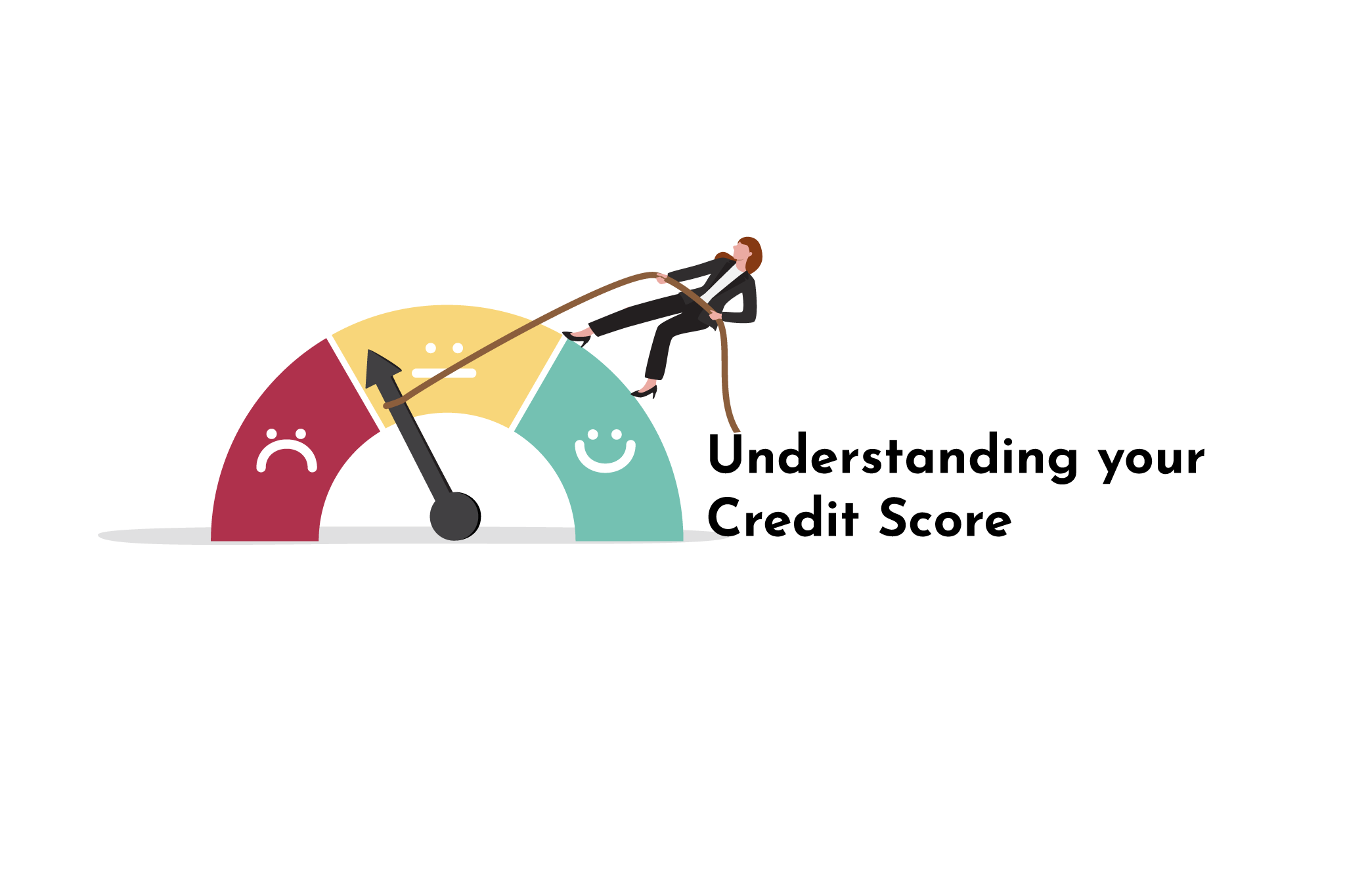There has recently been an idea floated by the federal government that if you are renting a place to live, the payments that you have made towards that rent should be included when your credit score is calculated. The idea is that by including these payments and your history of making them if you want to purchase a home, your credit should reflect that you have been good at making your rental payments. The Prime Minister has expressed a feeling that it is fundamentally unfair to have one person paying $2000 a month in rent who gets no credit score enhancement while someone else pays $2000 a month in mortgage payments, and they are building up their score. This shows that even at the highest levels of government, there is an understanding of how a good credit score can affect your ability to purchase a home. Have you ever looked at what contributes to (or maybe detracts from) your credit score? Have you ever thought about how you can apply for and get someone to lend you money? Let’s take a deeper look at how credit scores work and how you get credit overall.

In This Article:
Some Jargon to Understand
There is some lingo that you need to understand, so we’re going to address some of the terms you hear when talking about credit right up front. There are two main types of credit, and how they are used influences your credit score. The two types are:
- Revolving credit – this is a credit product where your balances change every month. Think of things like credit cards and lines of credit. Since it is a bit of a moving target for how much you have to pay every month the balances on revolving credit products will play a role in your credit score.
- Installment Loans – An example of this type of credit would be a car loan. It has a structured payment agreement where you pay a fixed amount every month for a fixed term. When you pay off the loan, your credit score is improved. The main thing to remember with this type of loan, though, is that when you take it out, there may be a negative effect on your credit score right away; this isn’t bad, it’s just something to remember so you don’t do something like go and buy a car right before you apply for your mortgage. You don’t want that initial drop from the new loan to influence the decision made by a mortgage lender.
You also need to know the difference between a hard and soft inquiry for your credit score.
- Hard Inquiries – these are done by lenders when you are applying for a new credit-based product.
- Soft Inquiries – are carried out when you are looking to find out what your score is but aren’t in the process of applying for credit at that time.
How is my Credit Score Calculated?
Your credit score is a number that rates how credit-worthy you are based on a number of factors. It uses your history of making payments towards credit card balances, loans and lines of credit, as well as other items, to come up with a numerical score for your creditworthiness. There are two credit reporting agencies in Canada, Equifax and Transunion, and they calculate your credit score based on a system that generates a three-digit number between 300 and 900 for you. The higher the score, the better, and the better your score, the more likely someone is to lend you money. The score is calculated using a few different factors:
- Your Payment History – This makes up about 35% of the score. Your history of making payments is used to predict how well you will make payments in the future. A track record of making your payments on time is really helpful to this portion of your score.
- Your Amount of Utilization – Accounting for another approximately 35% of your credit score, the idea of utilization looks at how much you owe on current credit products and compares it to how much credit you have available to you. If the percentage of your available credit used is too high, there will be downward pressure on your credit score. Ideally you keep your balances at zero every month to get the greatest positive impact on your credit score.
- How Long is Your Credit History – Worth about 15% of your score? The longer you’ve had credit, the better your score. When using past behaviour to predict how you will act in the future, the longer the track record for previous payments is, the better. This is one thing to remember when it comes to credit cards. If you have had a card for a long time, you may not want to cancel it because this can wipe out the payment history associated with that card. For the purpose of your credit score, you are better off not using it than cancelling it.
- Do You Have New Credit – Making up about 10% of your score, this tracks how often (and how recently) you have applied for new credit. When you apply for credit, there is that ‘hard inquiry’ for your credit score. Hard inquiries only happen when you are applying for a new credit product, and how many times you do this in a year will affect your score. This is particularly true when applying for a lot of credit in a short period of time.
- Maturity – Making up the last portion of your score is the idea that lenders like to see that you have a history of a number of different credit products. Again, you are using past behaviour to demonstrate that you have been able to handle different types of credit.
- .
You can see that there are a number of factors contributing to your overall credit score. The key thing is that you can’t ignore any one of them and hope to build your score up. If you want to focus on payment history so you can begin making minimum payments on everything, that is great, but how does that relate to your overall credit utilization? Understanding that these areas all work together to build your score will help you make sure that you put your best foot forward for lenders.

How do I get credit?
Remember, your credit score is important, but it only reflects a portion of your overall creditworthiness. A lender is going to look at a number of factors when they decide if they should or should not lend you money. They will want to know what your income is, where it comes from and how stable it is. This means that if you’ve just been hired at a new job, your income history won’t help versus a situation where you’ve worked at the same place for many years and can show a solid, steady history of your income. You will need to disclose information on any significant assets that you own as well. For example, if you own a rental income property that doesn’t have a mortgage on it, your creditworthiness likely just took a jump in the eyes of lenders because of the value of that asset.
The timing of when you apply for credit is also very important and could make a difference in a couple of ways. If you think of the example of buying a new car right before you apply for a mortgage, you have the negative hit that the new instalment loan has early on in your credit score that you need to deal with. You also need to think about the fact that the amount of new credit you are applying for affects your credit score. It is those ‘hard inquiries’ that can hurt you. This is going to apply to specific circumstances when you may be looking to make a purchase where credit is required. Let’s continue with the purchase of a car as our example. If you visit multiple dealerships and apply for financing at each of them before you decide what car you are going to buy, that could be a significant number of hard inquiries in a short period of time, even when you will actually only receive credit from one dealership. A better strategy would be to test drive cars until you have decided which one you would like, then apply for financing only at that one dealership. Overall, you land in the same place (a shiny new car), but one path leads to better management of your credit score.
Conclusion
Managing your credit score will help you with credit applications. But it isn’t the only factor that influences a lender’s decision. If you find yourself in a situation where your credit score is low, and you are having a hard time finding a lender because of that, you need to know that there are ways to rebuild your score. Understanding how to manage your cash flow and how to effectively make payments will help you decrease your utilization and show a strong payment history, which will help you going forward. Working with a financial advisor who understands cash flow planning and can help you come up with a strategy for rebuilding your score and making sure you can maintain it in the future. If you would like to know more about building credit or how to find your credit score you can reach out to us any time.








